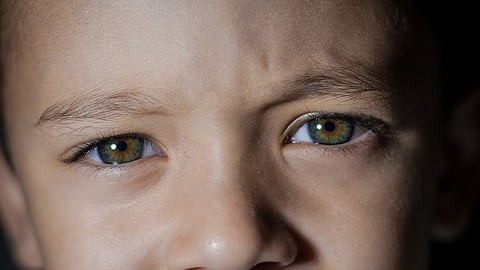Glaucoma Awareness
In addition to myopia, another major concern is glaucoma, a leading cause of blindness worldwide. Sightsavers India and AbbVie India recently held a state-level consultation at NIMHANS Convention Centre in Bengaluru to raise awareness about preventing visual impairment caused by glaucoma.
At the event, experts stressed the importance of early diagnosis and treatment to prevent irreversible vision loss. They also discussed the need for regular eye exams as a proactive measure and the role of media in educating the public about eye health. Timely diagnosis and intervention can help preserve sight and improve the quality of life.
Conclusion
With the rise in myopia, especially post-COVID, it is crucial for families, schools, and healthcare professionals to collaborate in raising awareness about the importance of eye health. By promoting habits such as outdoor play, limiting screen time, and scheduling regular eye check-ups, we can reduce the impact of myopia and other eye conditions. Early detection and intervention remain key to protecting children’s vision and ensuring they stay healthy and confident in all aspects of their lives.
Note: This content is purely informational and isn’t medical guidance. It shouldn’t replace professional medical counsel. Always consult your physician regarding treatment risks and benefits.
(Input from various sources)
(Rehash/Dr. Sruthi Suresh/MSM)


